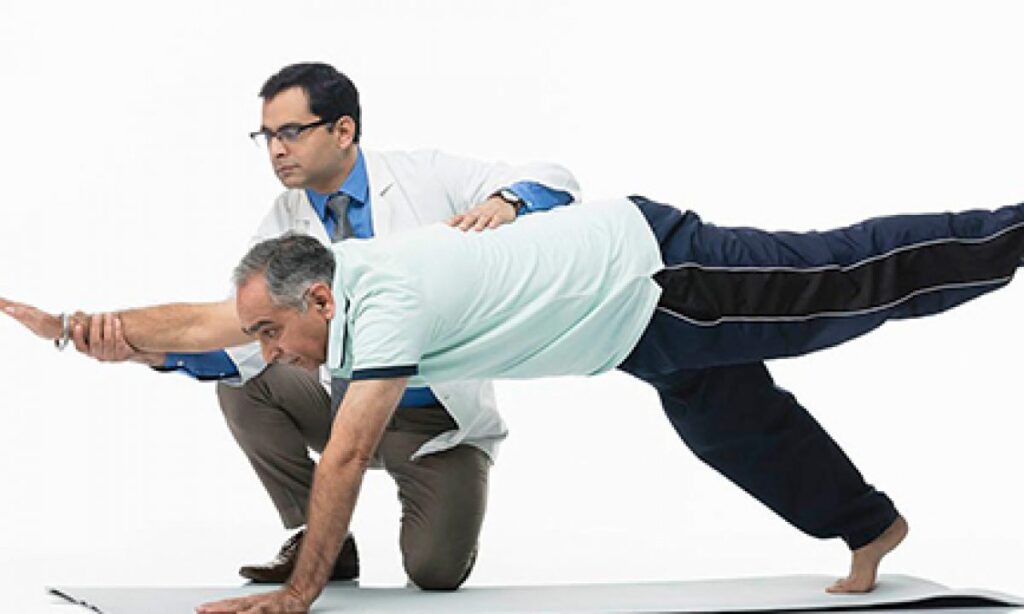Understanding Fitness Fundamentals
Fitness is more than just looking good; it’s about creating a sustainable, healthy lifestyle that benefits both body and mind. A well-rounded fitness routine can transform your life in ways you never imagined.
Physical Health Benefits
Regular exercise strengthens your heart, builds muscle mass, and improves bone density. It helps regulate blood pressure, reduces the risk of chronic diseases, and boosts your immune system. Just 30 minutes of daily physical activity can significantly impact your overall health.
Mental Health Advantages
Exercise releases endorphins, often called “feel-good hormones,” which help reduce stress and anxiety. Regular physical activity improves sleep quality, enhances cognitive function, and boosts self-confidence.

Social Aspects of Fitness
Working out doesn’t have to be a solitary journey. Group classes, sports teams, and workout buddies can provide motivation, accountability, and social connection.
Getting Started with Fitness
Setting Realistic Goals
Begin by establishing clear, achievable goals. Whether it’s running a 5K or doing ten push-ups, make your objectives specific, measurable, and time-bound.
Creating a Workout Plan
Develop a balanced workout schedule that includes different types of exercise. Start slowly and gradually increase intensity to prevent burnout and injury.
Essential Equipment
You don’t need expensive gear to start. Basic equipment like resistance bands, a yoga mat, and comfortable shoes can be enough for an effective workout routine.
Types of Exercise
Cardiovascular Training
Cardio exercises like running, swimming, or cycling improve heart health, burn calories, and build endurance. Aim for at least 150 minutes of moderate cardio activity weekly.
Strength Training
Building muscle through weightlifting or bodyweight exercises increases metabolism, improves posture, and prevents age-related muscle loss.
Flexibility Work
Stretching and yoga enhance range of motion, prevent injuries, and promote relaxation. Include flexibility work in your cool-down routine.
Balance and Coordination
Activities like Pilates or tai chi improve stability, particularly important as we age.
Nutrition and Fitness
Pre-workout Nutrition
Fuel your body with complex carbohydrates and lean protein 2-3 hours before exercising for optimal performance.
Post-workout Recovery
Consume protein and carbohydrates within 30 minutes after exercise to support muscle recovery and replenish energy stores.
Hydration Importance
Maintain proper hydration by drinking water throughout the day and during exercise.
Common Challenges and Solutions
Time constraints, motivation issues, and plateaus are normal. Overcome these by scheduling workouts like appointments, finding activities you enjoy, and regularly changing your routine.
Maintaining Long-term Success
Success in fitness is about consistency rather than perfection. Track progress, celebrate small wins, and adjust goals as needed.
Conclusion
Building a healthier life through fitness is a journey that requires commitment, patience, and self-compassion. Remember that every step forward, no matter how small, contributes to your overall well-being.
FAQs
How long does it take to see fitness results?
Generally, noticeable changes occur within 4-8 weeks of consistent exercise.
Is it necessary to exercise every day?
No, rest days are essential for recovery. Aim for 3-5 days of exercise per week.
Can I get fit without going to the gym?
Absolutely! Home workouts, outdoor activities, and bodyweight exercises can be very effective.
What’s more important: diet or exercise?
Both are crucial for optimal health. Think of them as complementary components of fitness.
How can I stay motivated to exercise?
Set realistic goals, track progress, find workout buddies, and choose activities you enjoy.